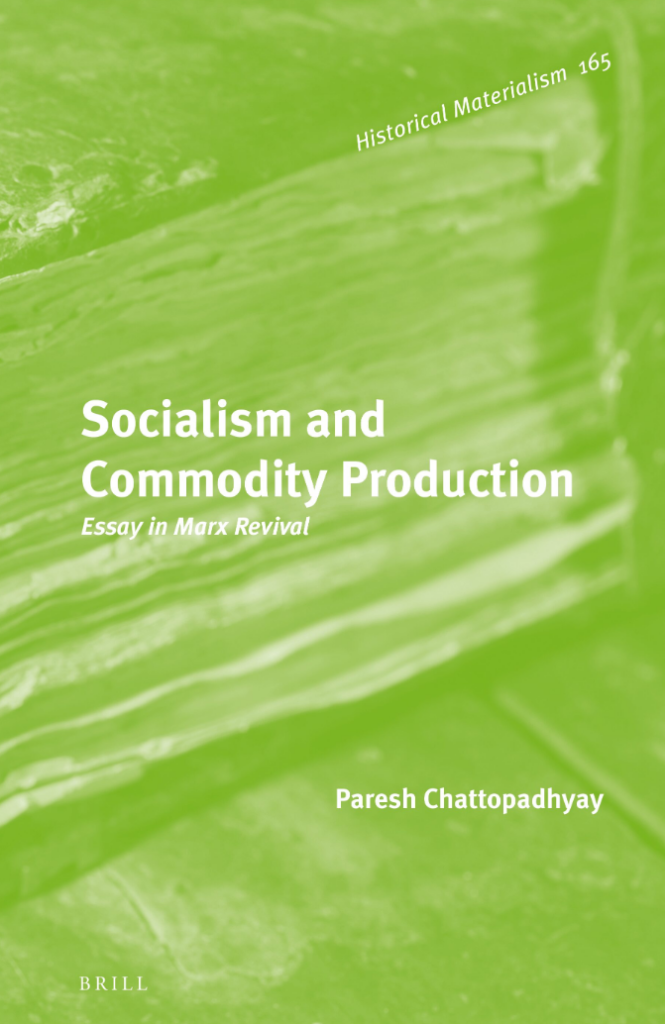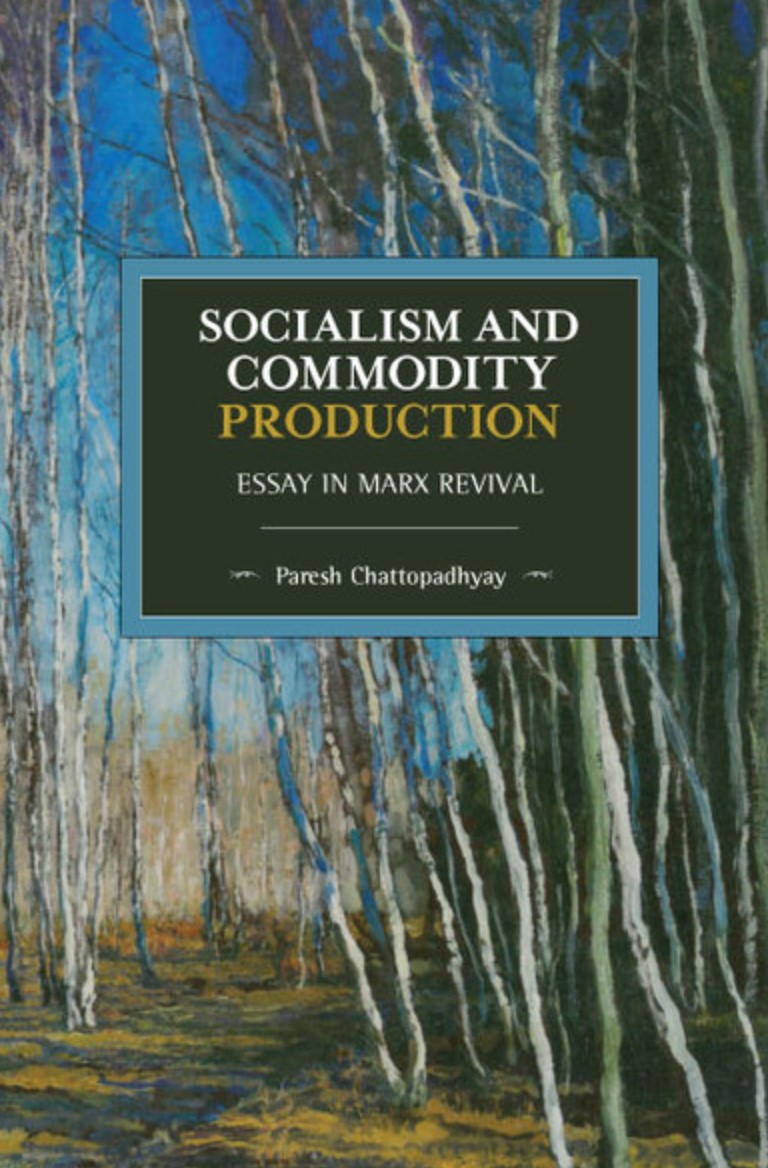Paresh Chattopadhyay
‘Socialism’ is a word that is now habitually taken to refer to a particular social system that prevailed in different parts of the globe during the twentieth century. This system was defined primarily by single-party rule with public (mainly state) ownership of the means of production along with a centrally planned economy. Its material base was generalised commodity production. The spokespersons of this system claim that this socialism was derived from Marx.
Paresh Chattopadhyay’s Socialism and Commodity Production argues the falsity of this claim. On the basis of a comprehensive study of Marx’s own texts, as well as a detailed engagement with a wide variety of theorists of socialist economics, it shows that Marx’s socialism constituted an ‘Association’ of free individuals in which private ownership, the commodity, wage labour and the state have no place.
Biographical Note
Readership
All interested in Marx’s works – universities, institutes of higher studies, graduate students.
Table of Contents
Preface
Prologue Twentieth-Century Socialism Socialism as Minority Rule Lenin’s Role The Relevance of Marx A Caricature of Marx’s Socialism
1 On Socialism: Association of Free Individuals (Pre)conditions of Socialism Associated Mode of Production Ownership Relation Exchange Relations Distribution/Allocation Labouring Individual under Socialism
2 Commodity Production From Commodity to Capital Paradoxes and Contradictions On the Value Form Commodity Circulation: Possibility of Crisis
3 Simple Commodity Production The Problem Discussion after Engels The Critics Criticisms Discussed Conclusion
4 Commodity Production and Socialism in Marx’s Followers The First Followers: August Bebel and Karl Kautsky Marxians after Kautsky
5 On Socialist Accounting The Labour Process Point of Departure How to Proceed Labour Time: Neglected Aspects Labour Time and Non-labour Time Socialist Accounting Framework On Planning and the Unit of Calculation
6 Anarchist Communism Peter Kropotkin Carlo Cafiero Anarchism and Marx: The Relation
7 Concerning Guild Socialism Introduction Guild Socialism as Democracy Distribution and Allocation in Guild Socialism Consumers and Producers Transformation of the Existing Society Ambiguities and Contradictions
8 On Market Socialism Origin of Market Socialism The Competitive Solution Criticisms Feasible Socialism Analytical Market Socialism Market Socialism Proper Market Socialism – ‘Marxian’ Market Socialism is Capitalism
9 The Problematic of a Non-capitalist Road to Socialism Capital’s Positive Contribution The Controversy Controversy Continued Further Considerations
Epilogue. Illusion of the Epoch: Twentieth-Century Socialism Preliminaries Nature of Twentieth-Century Socialism The Party-State The Fundamental Question
References Index


